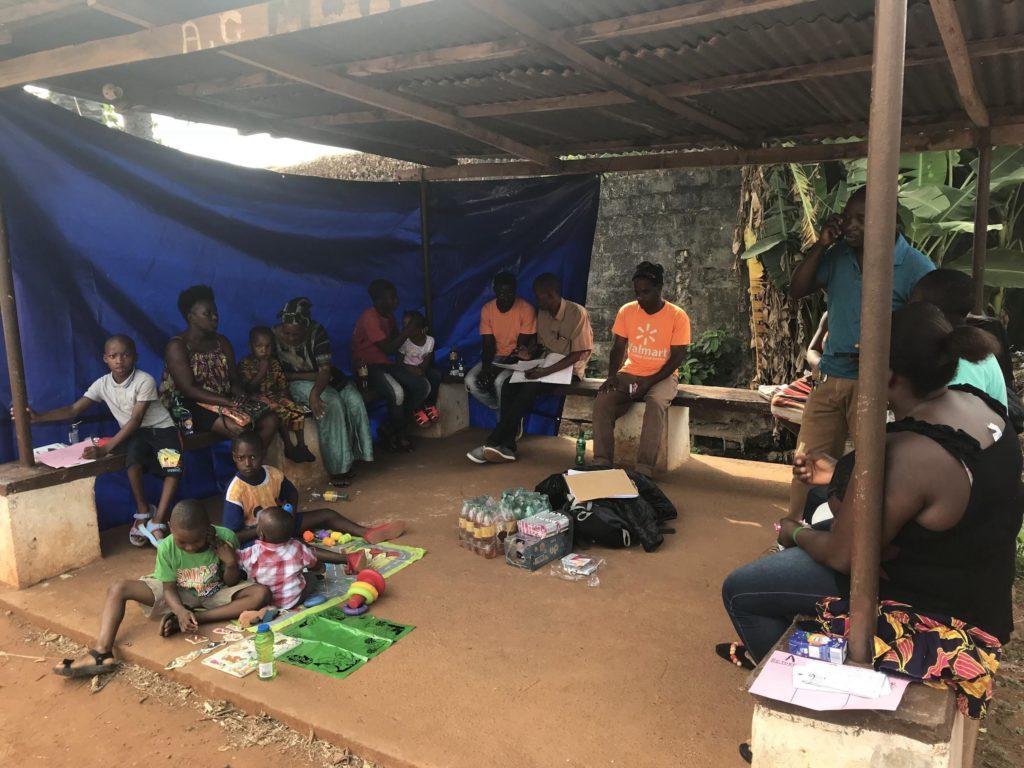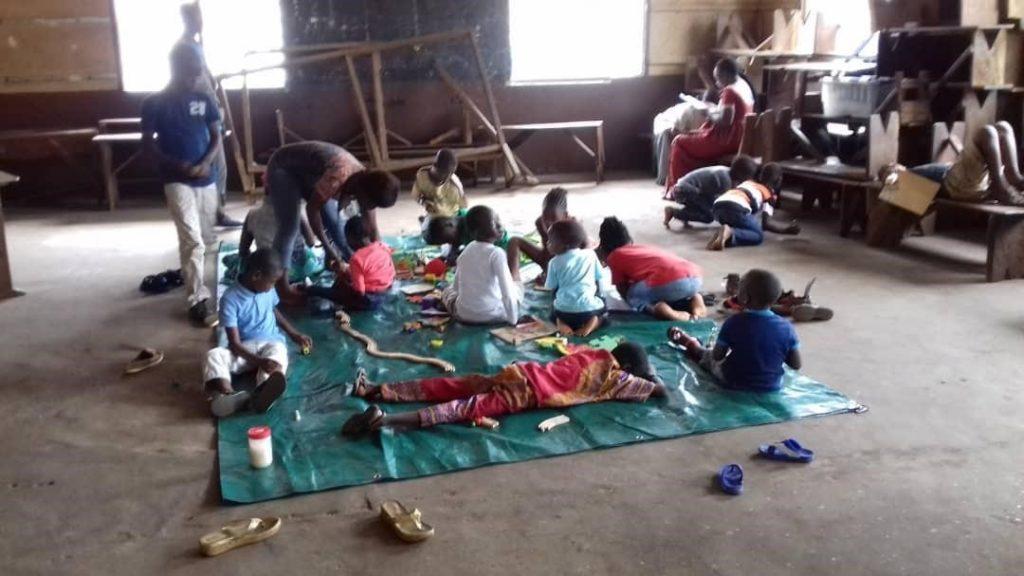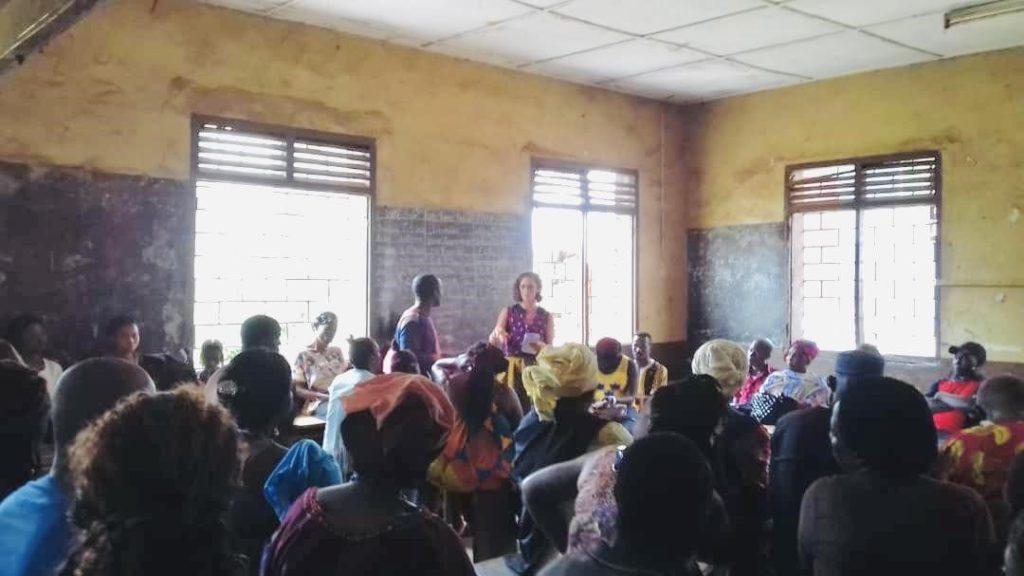
“To banish imperfections is to destroy expression, to check exertion is to paralyze vitality.”
Living in a world where we look down on one another for our flaws instead of celebrating our strengths is truly dangerous. Because the reality is we are all flawed humans. It’s our imperfections, big or small, that make us human. So, what then makes any of us feel entitled or worthy to assign worth or value to another? Simply put, we shouldn’t, but we do all the time.
This sort of discrimination, stigmatization, and oppression has plagued marginalized populations across history, including people with varying disabilities.
Since the first century, nearly 2,000 years ago, people with disabilities, whether physical, intellectual, psychological, or sensory (vision, hearing), have been ostracized by society. And ever since, they have been looked down on, and their innate right to dignity and respect has been violated before they were even born.
Isolation, segregation, abuse, stigmatization, and discrimination are also part of the century’s long history of the treatment of people with disabilities. It’s about time for this to finally change.
The eugenics movement in countries like the United States in the 1930s, ’40s, and ’50s sterilized nearly 60,000 Americans believed to have “unfit traits” in turn making them unworthy to reproduce. Individuals with disabilities were institutionalized in the US up until the 1970s, Other countries like Canada didn’t see an end to forced sterilization until the 1970s, and their last institutions remained open into the first decade of the 21st century. Sadly, institutionalizing people with disabilities is still happening in some parts of the world today.
Another example is the exception to Iceland’s abortion law, where aborting a fetus after 16 weeks is reserved only for a fetus suspected to result in a child being born with a disability. In the UK, Non-Invasive Prenatal testing is used to identify these pregnancies. Regrettably, these practices have successfully reduced the population of babies born with specific disabilities, including Down Syndrome. And they are said to be perceived as favorable among residents of some countries. (For more information on the right to life for people with disabilities, check out We’re All Equal, a review of Article 6 of the International Covenant on Civil and Political Rights )
Moreover, the reproductive healthcare of women with disabilities continues to suffer across both developed and developing nations. Access to clinics or healthcare professionals specializing in the pregnancy of women with disabilities is very limited. As of 2018, there was only one specialized OBGYN clinic in North America that cared for pregnant women with disabilities.
These laws, policies, and practices accepted across the world directly violate the human rights clearly articulated in the Universal Declaration of Human Rights (UDHR), International Covenant for Civil and Political Rights (ICCPR), and The Convention on the Rights of Persons with Disabilities (CRPD). The right to life, protection from discrimination, choosing one’s own reproductive health, and the right to the highest attainable standard of health are all threatened and violated for people with disabilities, as described above.
As we stop striving to create a population free of imperfect people, let’s take the humble and honorable steps toward changing this for now and in the future.
Let’s begin with the recognition that oppressing people with disabilities is deeply ingrained in our systems. Member states of the United Nations who have ratified any or all of the above international covenants have a duty and responsibility to protect the rights of a person with a disability. They should also be a model to non-member states to care for the life of both the born and unborn.
Next, we must improve the access and quality of reproductive health care, including obstetrics and gynecology services for persons with disabilities. Physicians should be educated on the physical, sensory, psychological, and intellectual needs of those with a disability, including the unique needs of a woman with a disability who is pregnant. This training in medical school can be critical to reducing discrimination and improving the quality of care delivered. Moreover, providing the physical space and related healthcare resources makes the right to care accessible for people with diverse needs and abilities. (For more information on this topic, watch Hilary Brown’s TEDx Talk on Reproductive Health in Women with Disabilities .)
Thereafter, improving access to rehabilitative, social, educational, and support services for people with disabilities across the lifespan is equally as important. Providing individuals with quality care can be a significant improvement in the quality and functioning of their lives, and their families will also have the support, resources, and services they need to feel equipped to care for their child or loved one with a disability. This can be especially important as people live longer nowadays. Age-related accommodations and modifications are thus necessary.
Lastly, creating communities that promote acceptance and tolerance for each other’s differences will intuitively encourage greater unity and inclusion among diverse populations. This culture needs to be upheld across all environments where people live, play, work, and go to school. This is critical to overcoming the stigma and stereotypes of people with disabilities.
Moreover, as countries successfully break down these barriers, sharing these experiences with other nations is strongly encouraged. Doing so will help others create the same for their country while building unity across nations and the world.
Being an individual with a disability, a woman, and a professional in disability services, I am hopeful for the future. I honestly believe if we make a concerted effort to make the future different, to see the gifts people with disabilities have to offer the world, we will be amazed.

